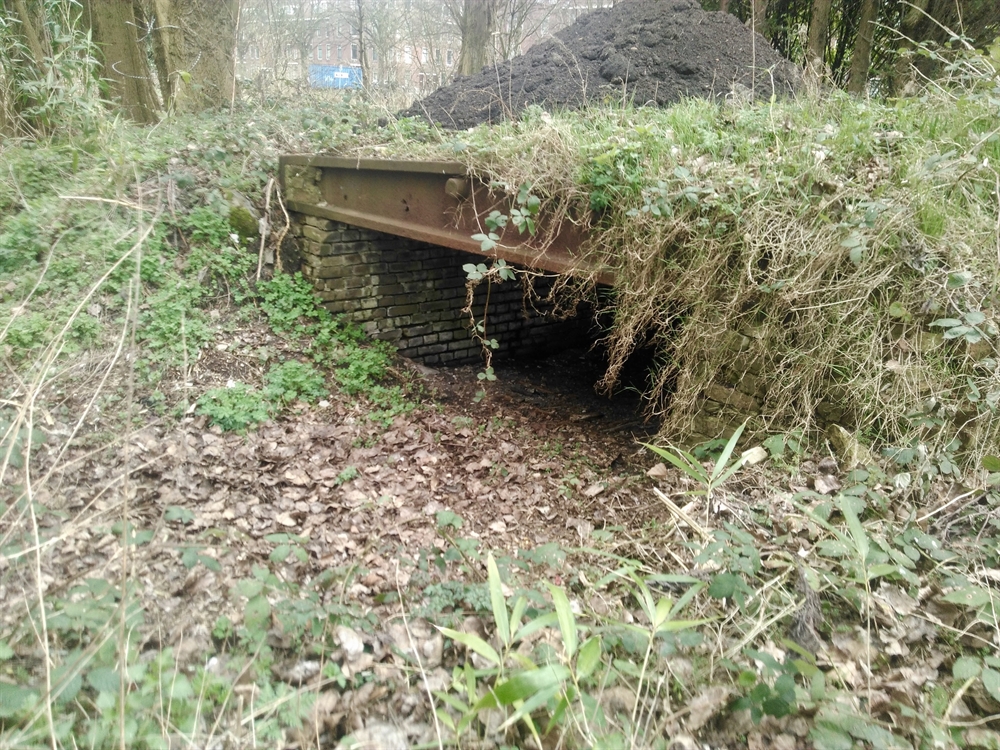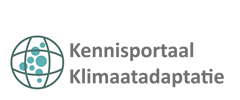Climate proof water region plan for Essenburg park
The Essenburg park in Rotterdam is a unique piece of undeveloped land in the Rotterdam city centre. Residents have initiated the development of a multi-functional and natural urban park here. The development of the park also covers part of the Rotterdam water tasking: the shortage of water storage facilities in the Rotterdam city centre area is going to increase as a result of climate change.
The design of the area also poses challenges, such as safeguarding the future water quality and minimising the maintenance requirements of the park, which will largely be attended to by local residents. For that reason, calculations have mapped out the risks of waterlogging and water quality issues caused by climate change, in the purview of the water region plan to be drawn up for the park. In addition, potential measures have been designed.
Strategy
The development of the Essenburg park involves an initiative by local residents that is supported by the municipality of Rotterdam and the Schieland / Krimpenerwaard district water control board. The project is taking an integrated approach to the issues of waterlogging and water quality. To this end, it has carried out:
- (Climate) series calculations in the “SOBEK” water model package, to calculate water levels in the Essenburg park and the surrounding water system;
- Environmental hygiene fractions calculations, to calculate the proportion of overflow water for the future park in a changing climate;
- Ecological key factor calculations, to map out nutrient and organic material stress from the overflows, the light climate, and the role of the water bed in the area.
Subsequently, the main controls (locations at which water quality and waterlogging in the area can be manipulated) were identified. This was used as the basis for optimising the design and water control in the area, and for drawing up a management and maintenance plan.
The calculations have shown that the area’s main vulnerability is related to nutrient stress and environmental hygiene quality, as a result of sewage overflows onto the surrounding water system.
Results
The chosen strategy involves the minimisation of risks with minimum interventions in the area. This can be achieved by limiting the exchange of water between the park and the surrounding water system to periods of very extreme precipitation, such as downpours that occur, on average, once every 10 (or more) years. After all, such situations require additional water storage capacity. At the same time, overflow water will be let in less frequently. The implementation of this solution only requires two (adjustable) hydraulic engineering structures. Following utilisation of the water storage facility, the park will be flushed out. In addition, flexible water level management will be introduced, which will, on the one hand, limit the volume of water to be let in (less stress) and on the other, create better opportunities for the development of local vegetation. The flexible water level management will take the existing water level as its lower limit, so as to prevent any risks to the adjacent railway slope.

More information on the Essenburg park residents’ initiative is available on the website: https://www.essenburgpark.nl
Lessons learned from the project
- The collaboration with local residents creates unexpected opportunities for the unconventional substantiation of the water tasking resulting from climate change.
- Water quality is an important theme in the purview of climate adaptation. Both climate change itself and climate adaptation measures may significantly impact (urban) water quality.
Contact persons
Marit Meier
Hoogheemraadschap van Schieland en de Krimpenerwaard
m.meier@hhsk.nl
06 11 14 90 67
Marieke Fennema
Witteveen+Bos
marieke.fennema@witteveenbos.com
06 10 48 40 77
